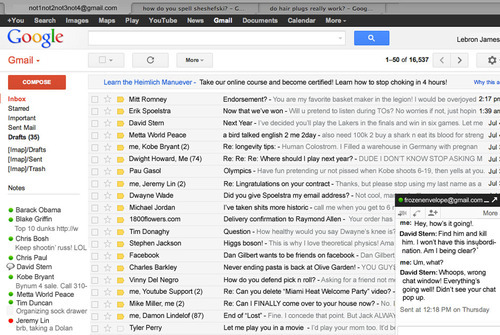Getting Caught Up
As we feel ourselves going under, drowning in the impossible multiplication of activities, responsibilities, relationships, and requirements, we end up all but abandoning the pursuit of happiness. Our new goal isn’t so much gentle, authentic happiness, nor are we apparently seeking joy, ease, pleasure or delight. Instead, when I ask people how they are, what they are doing or creating with their life, how they are using their precious time, their heart’s best attention, their response is invariably the same: I am just trying to get caught up. Wayne Muller in, “A Life of Being, Having, and Doing Enough.”
I am just trying to get caught up! How often have we used this phrase ourselves? A few weeks ago, while landing a significant proposal with the President of our College, the President looked at me and said, “I appreciate your innovative thinking.” He then went on to express his frustration with the busyness of the organization and the lack of innovative creative ideas which are being brought to his desk. Good for me, not good for our organization. What is it about getting caught up, which ties us down and restrains our greater potential from being released? The proposal was approved, yet, if not careful the very futuristic vision which brings hope and energy to my soul may simply get consumed by the everyday demands of simply keeping up.

This past week while reading Consider: Harnessing the Power of Reflective Thinking In Your Organization by Daniel Patrick Forrester I was struck by the concept of, “One Day Without Email.” Specifically how Scott Dockter, a CEO of a 30 year old family business decided to implement “no email Friday” within his organization due to the demands of employees always feeling the need to catch up. While reading Scott’s case study, three key areas began to emerge as to the effects of never stepping out of, “the get caught up syndrome.”
Three Diminishing Factors
Our Souls… When consumed by getting caught up, we are often driven by fear. The what if… What if I don’t respond to this person’s need, what if this person thinks poorly of me, what if my delayed response? You can fill in the blank. Being driven by the “what if”, is exhausting. Our best energy is often given to others demands which have no connection to the greater vision of how God wants to use you within your organization. Often in this drain our souls become tired, weary and functioning from a position which is less than human.
Our Reflective Thinking… Getter done! Check it off! Let’s rock and roll! Each of these statements reflect a hyper production mode in which human potential may be limited through the shear amounts of tasks which need to be accomplished. Once volume overtakes quality, the space for creativity and reflective engineering is no longer possible. Reflective thinking and creative potential gives way for the quick fix. Organizations trapped in trying to get caught up, hire quick fix leaders. According to Edwin H. Friedman in his book, Failure of Nerve, these leaders often demonstrate immaturity and a lack of deep reflective thinking.
Our Creativity… Getting caught up is almost never creative. Creativity takes time. Space needs to be provided. To be creative, means to dream. Dreaming takes time. Yet, the emails are calling. And after a three hour session of trying to bang out a couple hundred emails, we often feel numb, not creative. Creativity takes space. Our organizations need time. Time to rest. Time to think. Time to create. Once we free ourselves from the “what if” fear, we actually free ourselves up to be more creative and productive.

After an initial detox time for Scott Dockter’s employees, the organization found it’s people healthier, less email traffic being needed, employees who knew each other deeper and an overall hope in the general employees.
How much have you been working at getting caught up?
Leave a Reply
You must be logged in to post a comment.